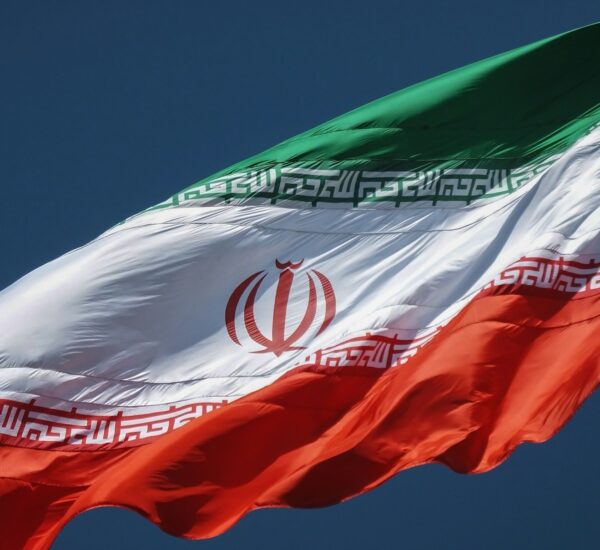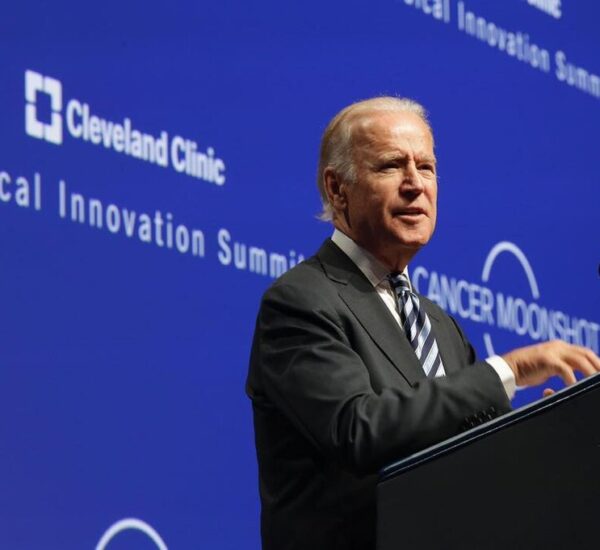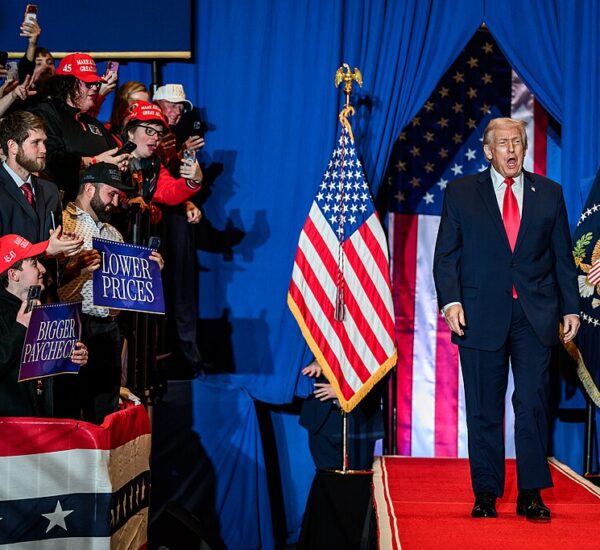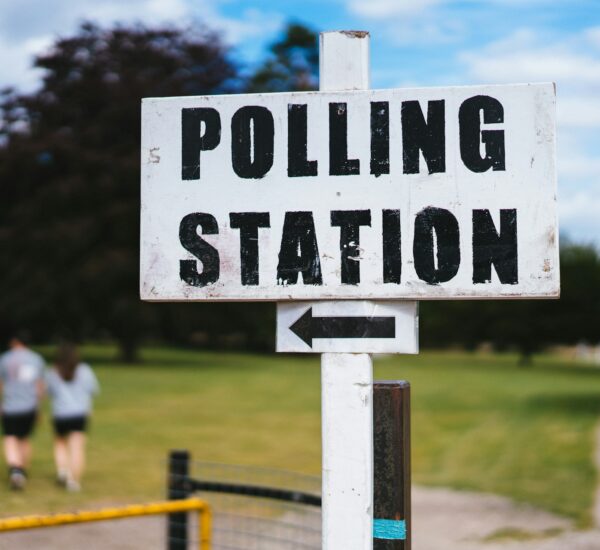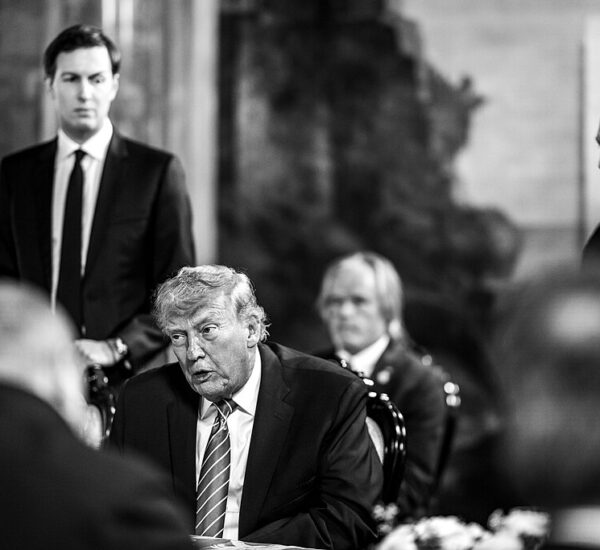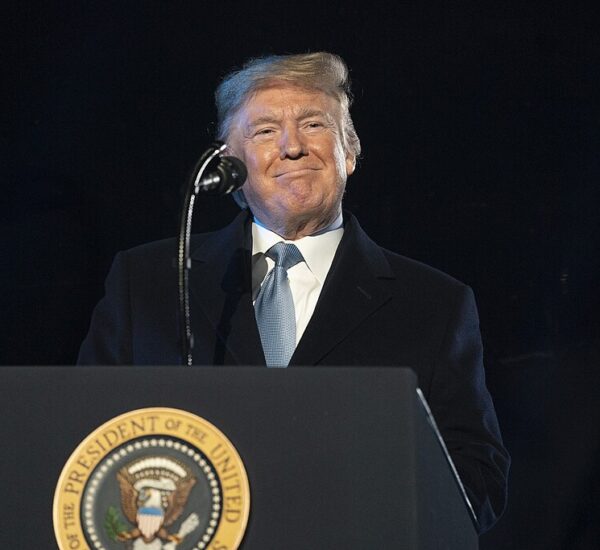Foreign Leader Surrenders To Trump
Nicolás Maduro, the socialist dictator of Venezuela, has made several concessions in response to the new Trump administration’s approach. While he continues to hold power tightly, he has agreed to assist in resolving some of the nation’s ongoing crises, like arranging for fully paid return flights for migrants and receiving criminals deported from the Tren de Aragua gang. Maduro has also raised oil production and freed some American prisoners. However, the one thing he refuses to relinquish is his grip on power, and it seems the current administration is reluctant to use taxpayer dollars to remove him from office.
Venezuela’s oil production is currently the highest it’s been in five years, reaching nearly a million barrels per day. In early February, the U.S. Office of Foreign Assets Control renewed General License 41, which allows U.S. companies like Chevron to operate in Venezuela. This move, approved under the Trump administration, signals an effort to re-engage with Venezuela’s oil industry despite its dictatorship. However, Maduro is still widely seen as an illegitimate leader who does not have the support of his people. Even with rising oil production, the opposition remains strong, and the international community views him as a pariah with no regard for human rights.
President Trump has not yet made a final decision regarding Venezuelan oil policy, and the issue remains under review. Some argue that American presence in Venezuela is strategic, asserting that it could create jobs, reduce migration, and keep China, Russia, and Iran at bay. Others caution that cooperating with Maduro could legitimize the dictatorship and undermine democratic principles.
The debate over how to handle Venezuela is multifaceted, involving moral, economic, and political considerations. Some Republican supporters advocate for deporting all Venezuelan migrants, while others support maintaining Temporary Protected Status for the estimated 350,000 who have fled. On the oil front, some investors suggest securing U.S. interests in the industry, while others insist that democracy should not be sacrificed for political gain.
However, there are clear principles that must guide U.S. policy. First and foremost, Maduro’s regime is an enemy of humanity. As Senator Marco Rubio has said, Maduro’s government tortures, murders, and forces millions of Venezuelans into exile. The regime is also closely allied with terrorist groups like Iran, Hezbollah, and Hamas, all of which are hostile to both Israel and the United States.
Furthermore, Maduro’s dictatorship must not be rewarded with any concessions that compromise Venezuelan democracy. As Rep. María Elvira Salazar (R-Fla.) has warned, failing to remove Maduro and his cronies from power will only lead to greater problems in the future.
The recent loosening of sanctions has only prolonged the suffering of the Venezuelan people, enabling the Maduro regime to strengthen its military and bolster its power. History has shown that pressure on Maduro works. Between 2018 and 2022, the Trump administration’s “maximum pressure” campaign forced Maduro into a diplomatic dialogue, even though he ultimately ignored the results.
Moreover, the Cartel de los Soles, Maduro’s criminal organization, must be formally designated as a terrorist group. The U.S. should not negotiate with or reward this dangerous entity. Including the Cartel on the U.S. list of terrorist organizations would cut off the regime’s ability to profit from illicit activities, such as drug trafficking and oil smuggling.
While some voices advocate for a more “pragmatic” approach, it’s clear that dictators like Maduro only respond to pressure, not appeasement. A bad deal now won’t solve the crisis—it will only delay it and make it worse.
Now more than ever, the U.S. must increase pressure on Maduro and rally international support for those fighting for freedom in Venezuela. The Venezuelan people have already shown their determination to overthrow the regime; the international community must do its part and stand firm against tyranny. This is no time to give up.

